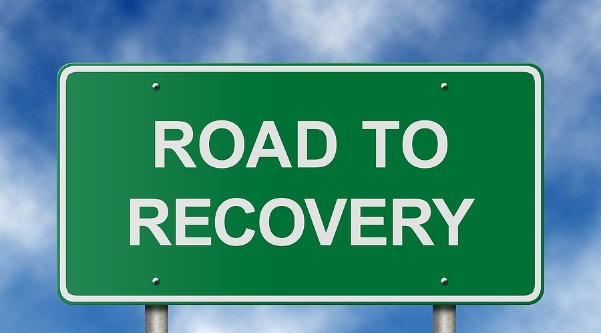 There has been support and assistance for drug addicts for many years now, but it has only been in fairly recent times that support and help for the families of drug addicted persons has been available. Having a drug addicted parent, sibling, or child can cause major stress on other members of a family. Because all of the focus tends to fall on the addicted individual, the needs of affected family members are not always seen or addressed.
There has been support and assistance for drug addicts for many years now, but it has only been in fairly recent times that support and help for the families of drug addicted persons has been available. Having a drug addicted parent, sibling, or child can cause major stress on other members of a family. Because all of the focus tends to fall on the addicted individual, the needs of affected family members are not always seen or addressed.
Some of the family-centric residual effects of dealing with a drug addicted family member may include:
- Excessive stress on a marriage, which could cause eventual divorce.
- Emotional and/or behavioral damage to any children, who are exposed to an addicted family member.
- Financial and possible legal issues, as a result of the addicted family member’s ever increasing disillusionment with and withdrawal from the real world and normal adult responsibilities.
- Sickness, health afflictions, frequent injury, and even death.
It is Possible to Overcome Drug Addiction
The family is the central support system for overcoming addiction. The family unit is also the main support and guidance system children have in preventing them from becoming addicted adults. It is a known fact that a child’s development and resistance to addiction is highly influenced by that child’s family. That statement becomes more poignant, when you realize that half of the children in the United States live with a person, who uses or abuses illegal drugs or alcohol.
How Children are Affected by Drug Addiction in the Family
-
The way the child is treated by others
 It is not a question of right or wrong. It is a fact of human nature. When a child comes from a home with an addicted family member, that child suffers from the misperception and misunderstanding of those around him/her. Children from families with an addict are oftentimes shunned or become outcasts, even unintentionally at times.
It is not a question of right or wrong. It is a fact of human nature. When a child comes from a home with an addicted family member, that child suffers from the misperception and misunderstanding of those around him/her. Children from families with an addict are oftentimes shunned or become outcasts, even unintentionally at times. -
A child’s perception of right and wrong
Children from families with a drug addicted member oftentimes witness or are exposed to illegal activities. This exposure can skew a child’s moral compass and understanding of right and wrong. As with any substance, if children are exposed to it and the lifestyle surrounding it from an early age, they are more likely to become addicts themselves, as they grow up.
-
A child exposure to abusive behaviors
Drug addicts do not always behave appropriately. Oftentimes, they behave erratically and extremely, when under the influence of drugs. The skewing of the line between reality and being high can degrade into abusive tendencies. When children are present, they are immediately vulnerable to any emotional and/or physical abuse an addict may throw off.
The Key to Overcoming Addiction is the Family
New studies have shown that increasing the role of families in an addict’s recovery dramatically increases the likelihood of the addict overcoming their addiction. Family members must be given the education, training, and support they need to go through the recovery process with their addicted family member. Family members are usually the ones to intervene and hopefully set the addict on the right road towards recovery. It is also family members that should be empowered through support and education to be there for the addict throughout the recovery process.


